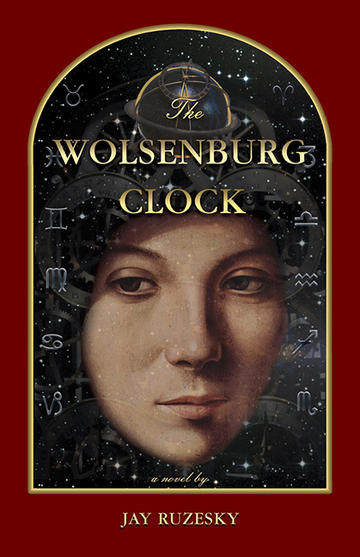As Second World War bombs terrorize a small Austrian city near the Italian border, a man wants desperately to save a 600?year?old astronomical clock found there. The clock has been constructed and refurbished by a series of gifted individuals dedicated to producing the finest timepiece of their age. The man learns of the remarkable engineers who furtively added details that reflected their own private stories.
At the cusp of the fourteenth century, Wildrik Kiening was inspired to build the sophisticated clock for the newly consecrated cathedral in Wolsenburg. This magical device that keeps time, charts celestial motion, and even entertains parishioners with a show of automated figures is, however, not built without personal costs.
When a fire guts the cathedral and the clock is ruined, a child?alchemist named Geli Theurl, haunted by a bizarre aging condition, plots to build a second version with the help of her father and grandmother, just as time itself becomes understood in new ways. The second clock ages well, but its gears ultimately seize during the Enlightenment and it takes a final clockmaker — an industrial mastermind and bastard son of a rich count — to create the most impressive clock ever built.
The Wolsenburg Clock chronicles the development of a complex machine, and the risks, devotion, and love that went into its construction throughout the Medieval, Renaissance, Enlightenment, and Modern periods of history. Not only has Jay Ruzesky created an engaging fiction about a practical contraption and its engineers, he also alludes to the tensions between the Church and technologists in Western Europe as they battled to be at the forefront of social conscience.



